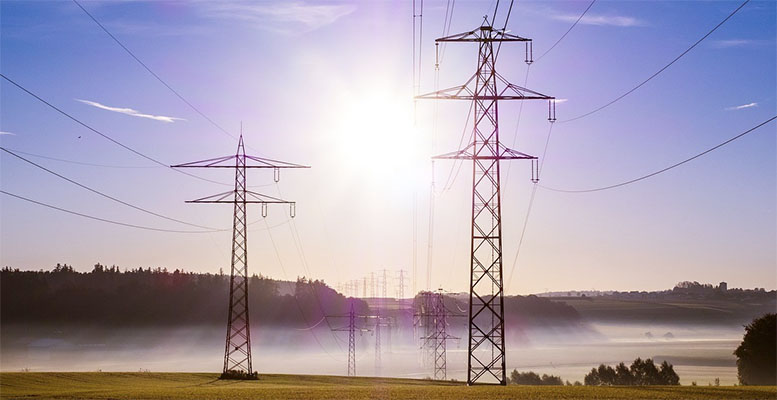Last Tuesday, the Spanish Council of Ministers gave the green light to the general guidelines of its Sustainable Development Strategy for 2030, in which a potential reform of the wholesale electricity market was mentioned again . The document states that “the required regulatory changes for the reform of the electricity market should be addressed, putting an end to the extra compensation that certain technologies receive, whose effect on th e high costs of electric ity in Spain is worth prioritizing”. Implicitly, this statement refers to nuclear and hydraulic energies.
In the opinion of analysts at Norbolsa, “the government’s ability to modify the operation of the wholesale electricity market is limited due to the fact that it is under the umbrella of European regulations.” Experts at Banco Sabadell agree on this point: “It is a recurring threat made to the sector (windfall profits) that is not carried out among other things because the current system of margin alist price formation is the one that prevails in all of Europe and we think that Spain will not be the first to take a step to change it.”
About the Sustainable Development Strategy for 2030 , the current government also has little control. Banco Sabadell says:
“ As regards nuclear energy, the closure of most of the country’s power plants will occur between 2032 and 2035, so if the change were to come in 2030, the impact would be cushioned. If the change were to come sooner, the companies would threaten to shut down the plants and the system would run the risk of losing a backup technology as relevant and essential as that of nuclear energy , which produces on average 20% of the current mix.
”For its part, hydro energy is the most manageable renewable energy that currently exists in the system and its contribution to the mix fluctuates in a relevant range of 10-20% depending on the year.





